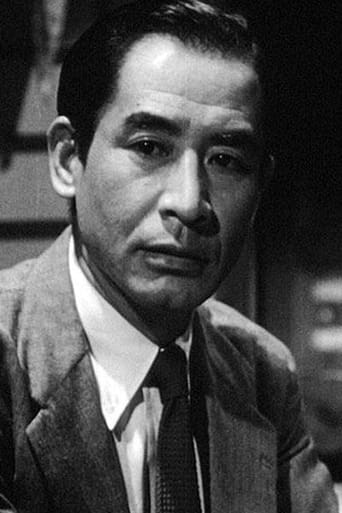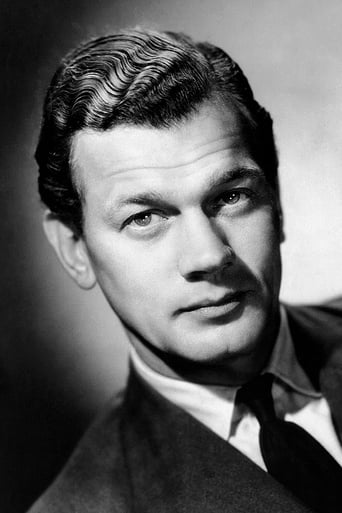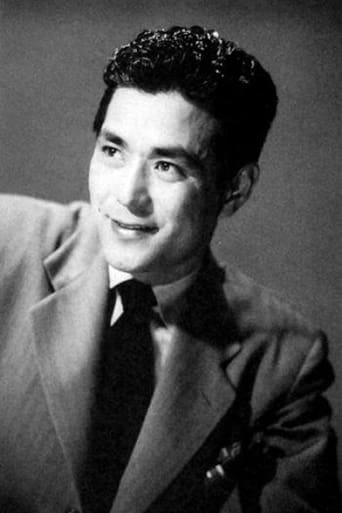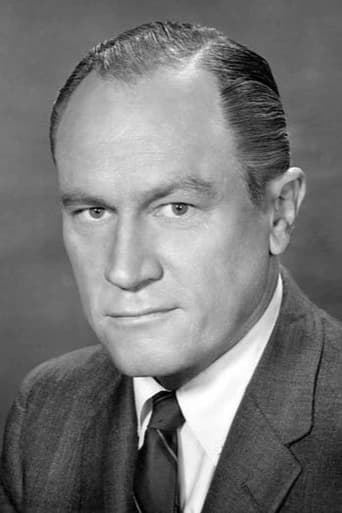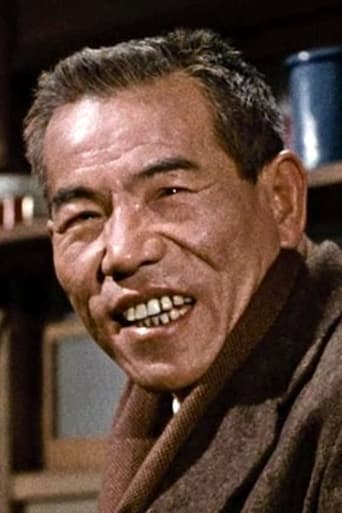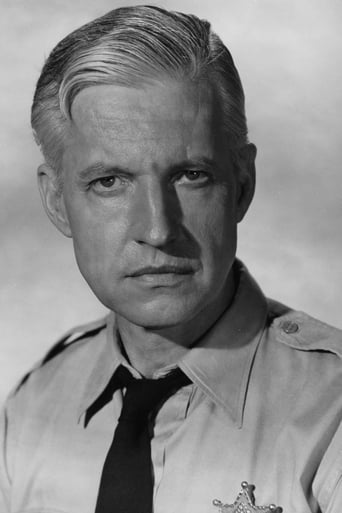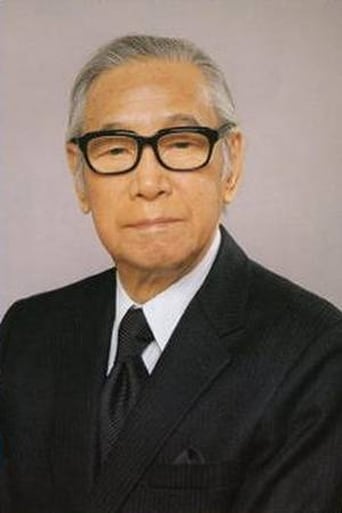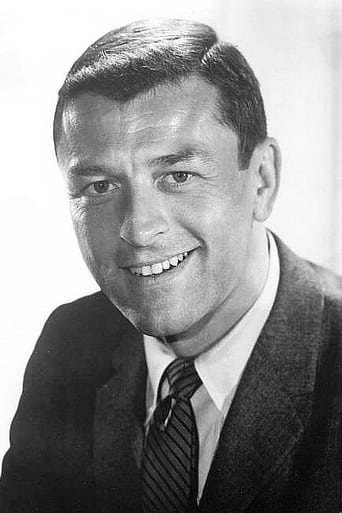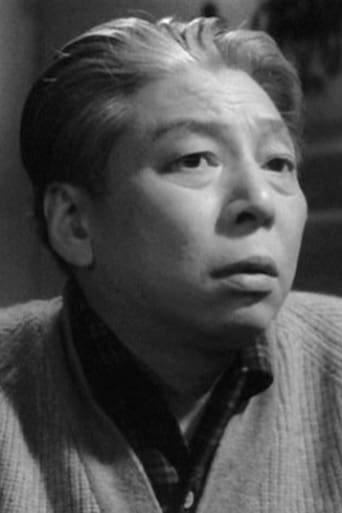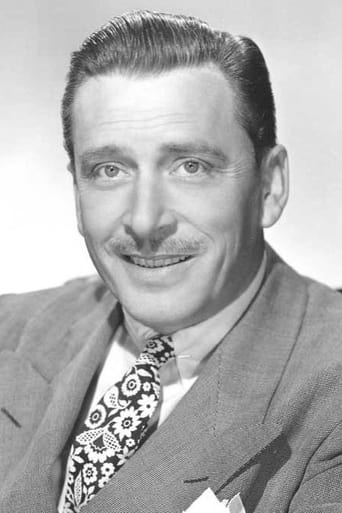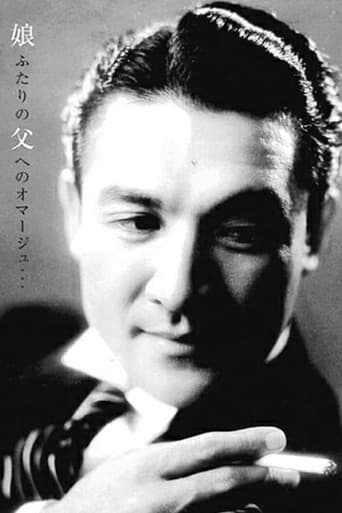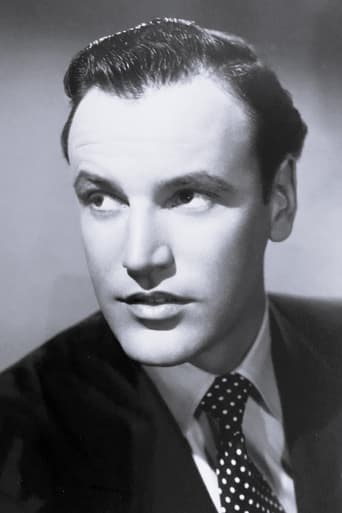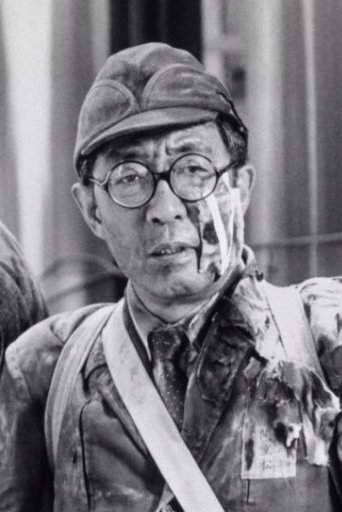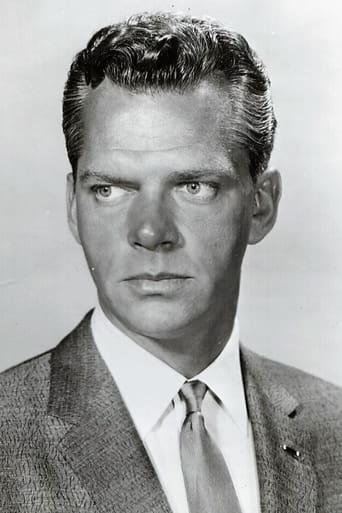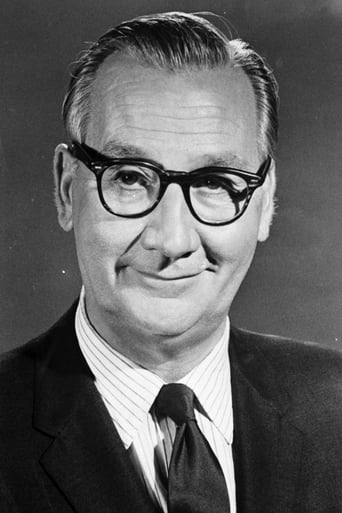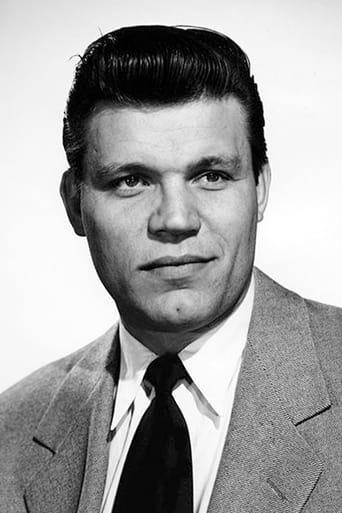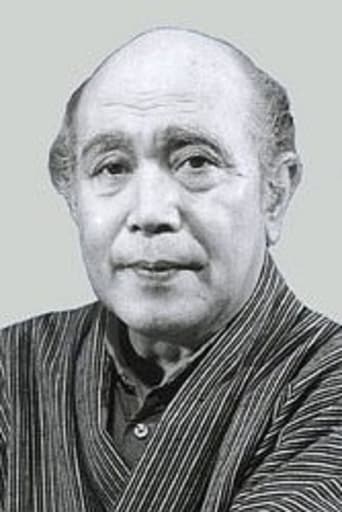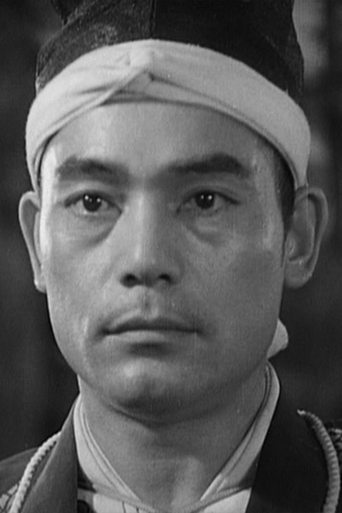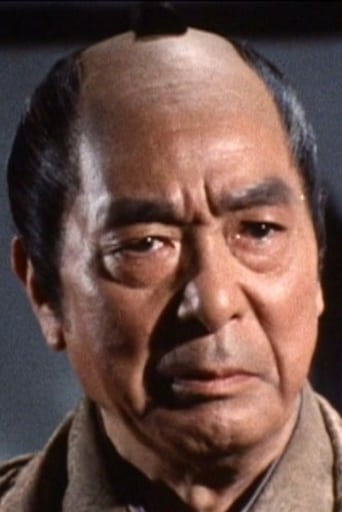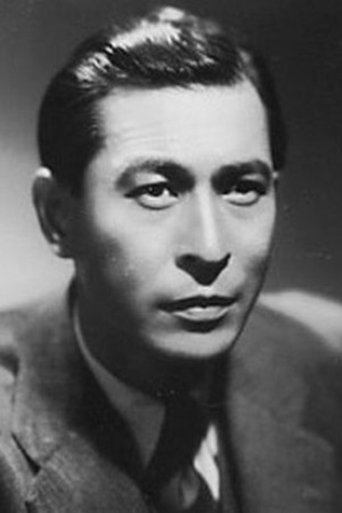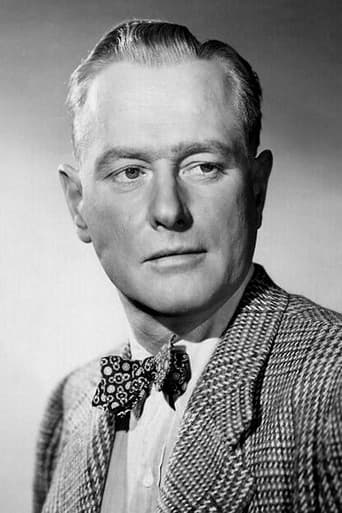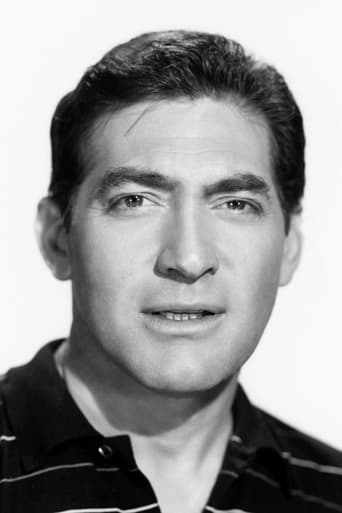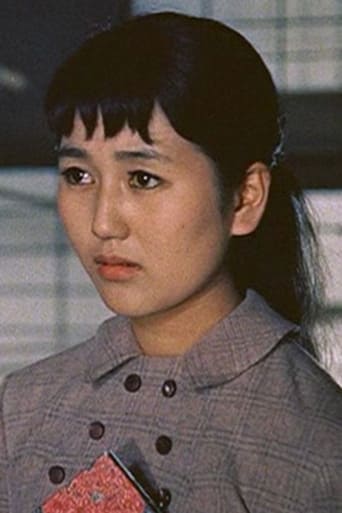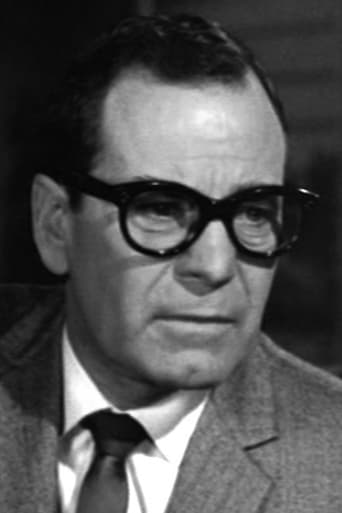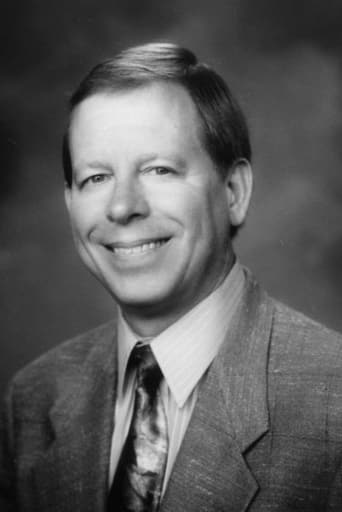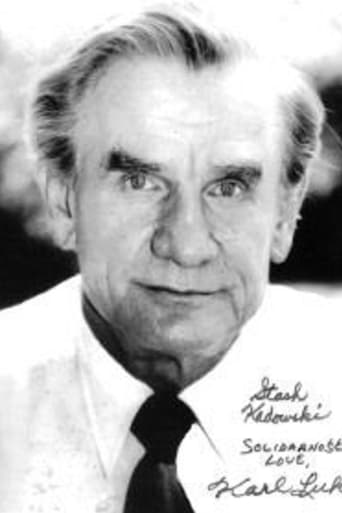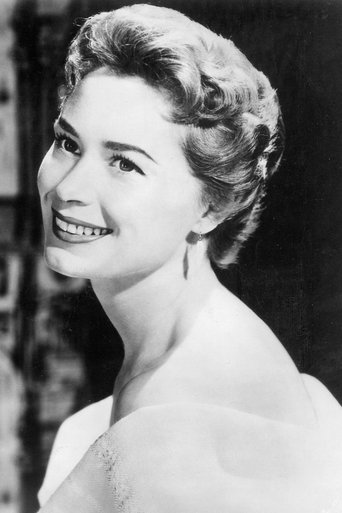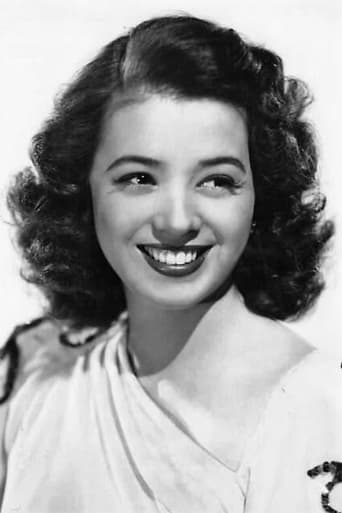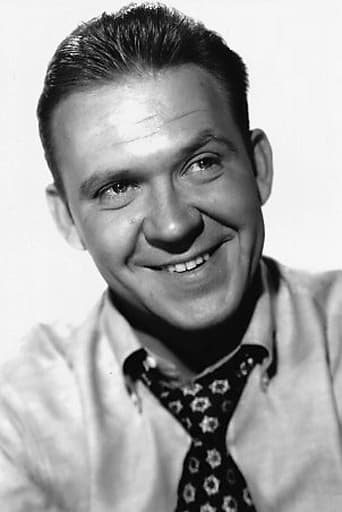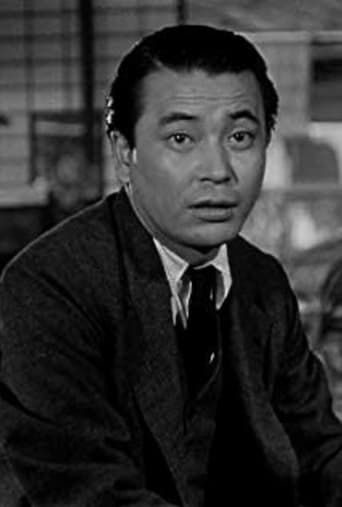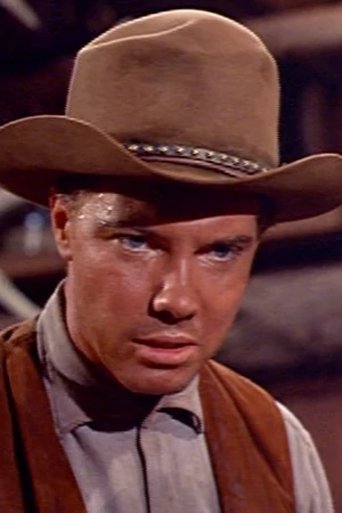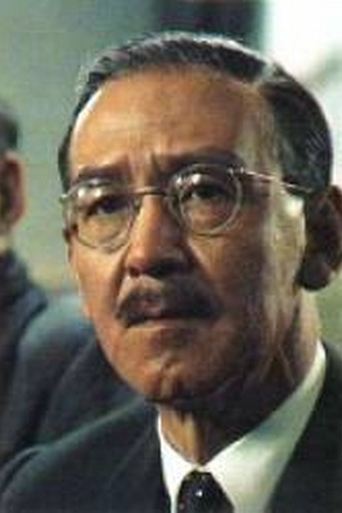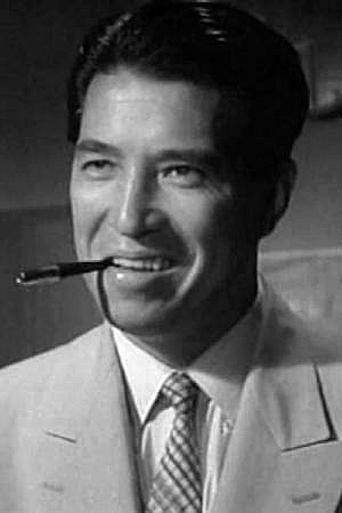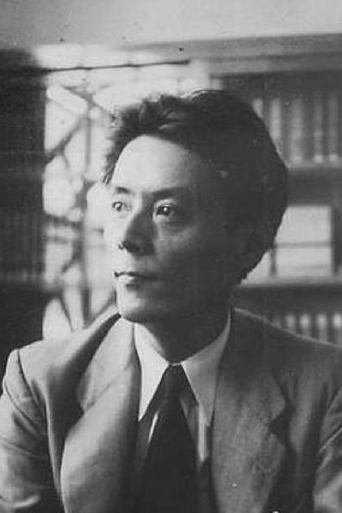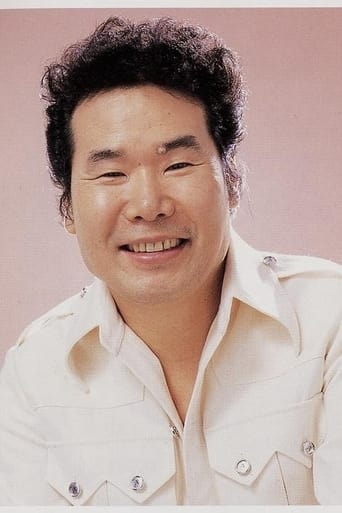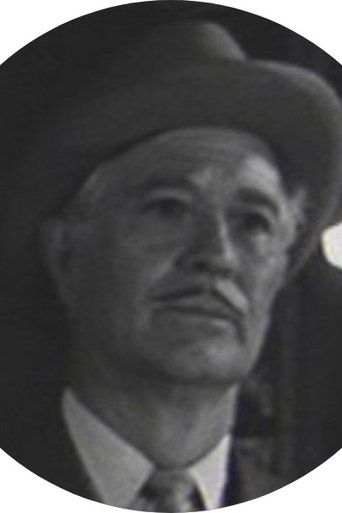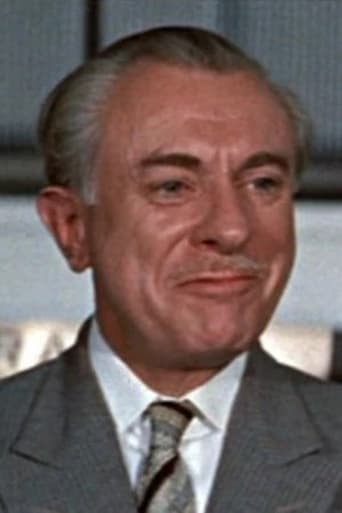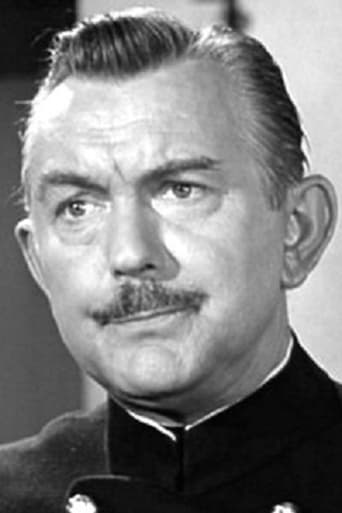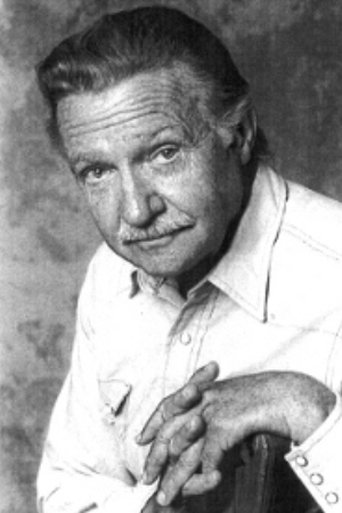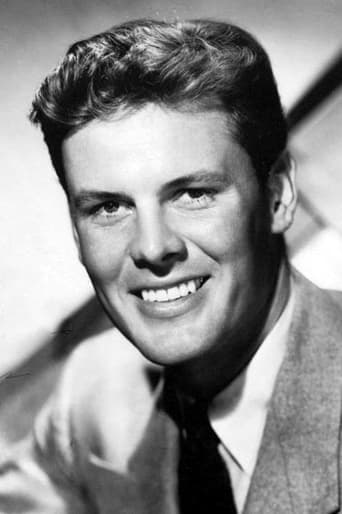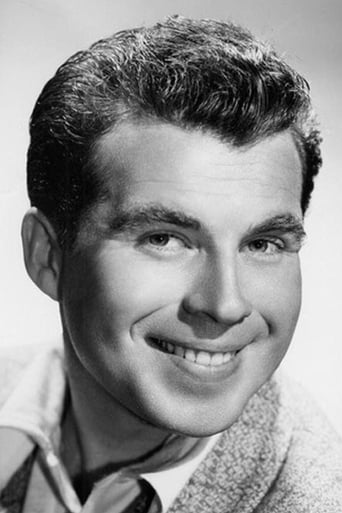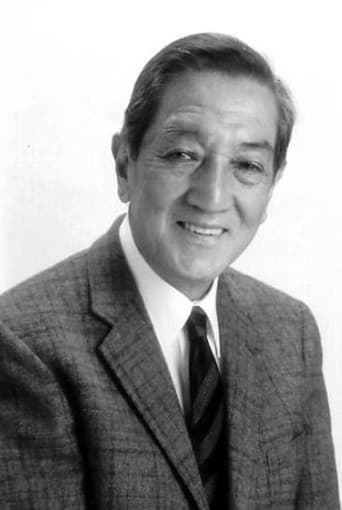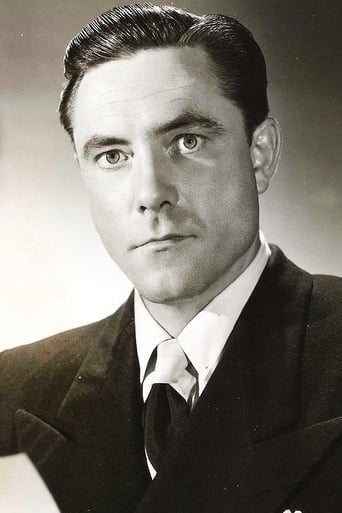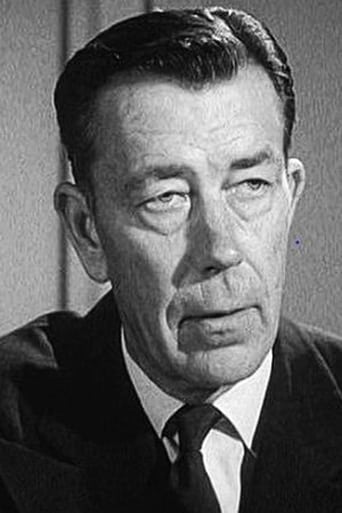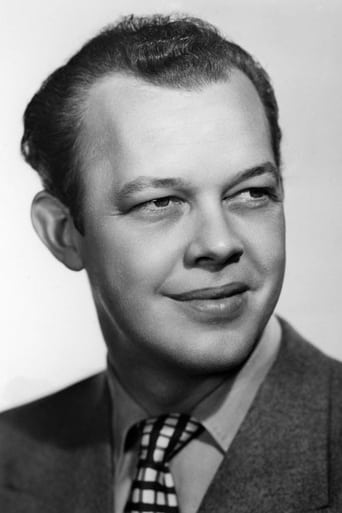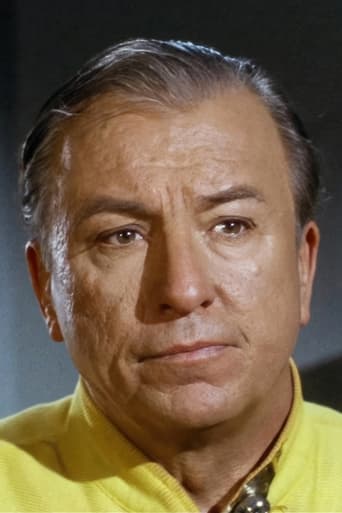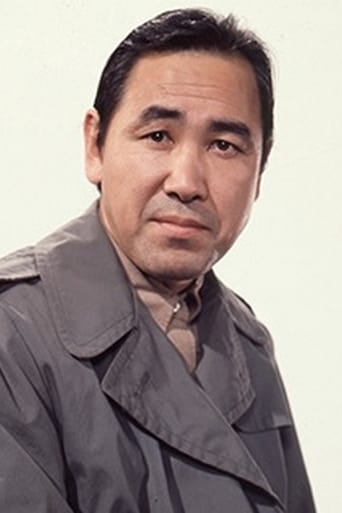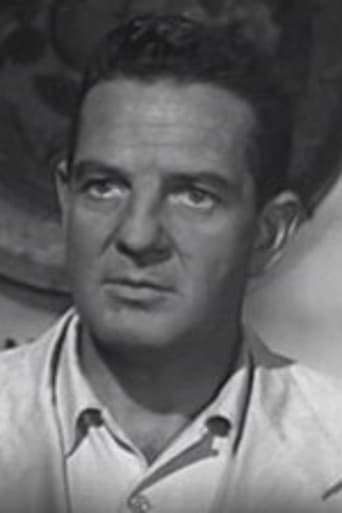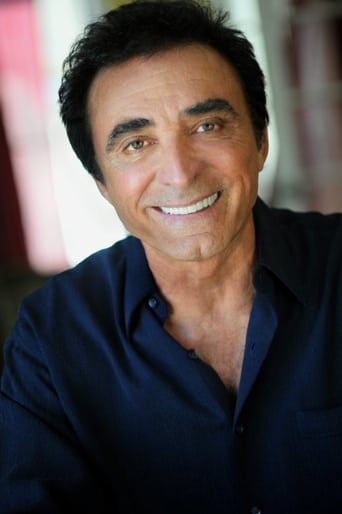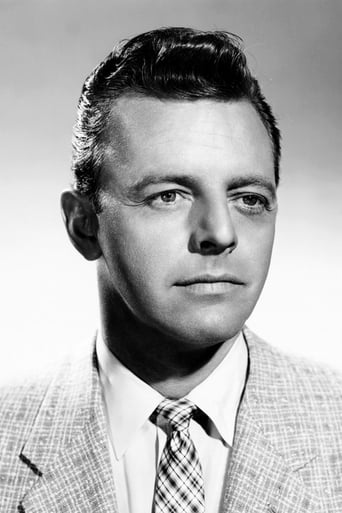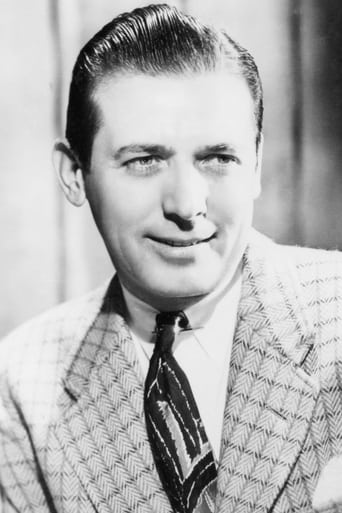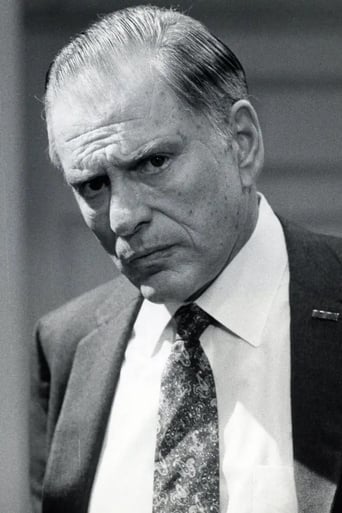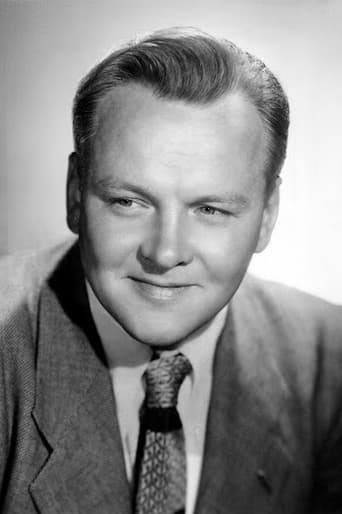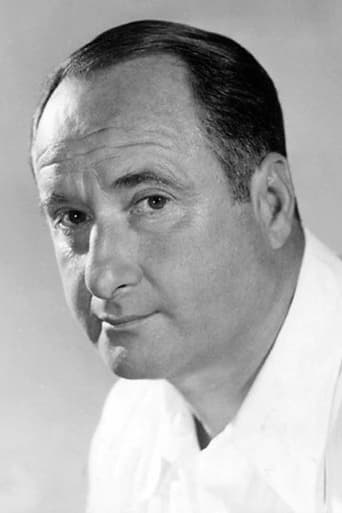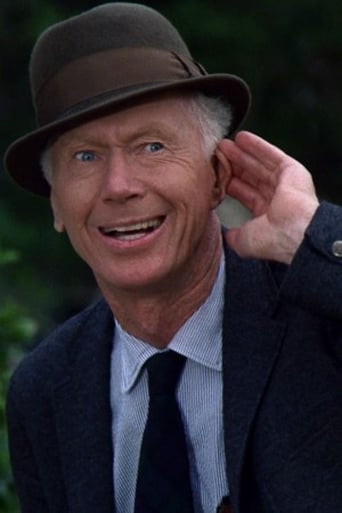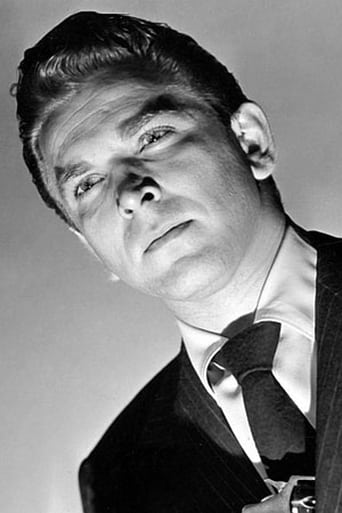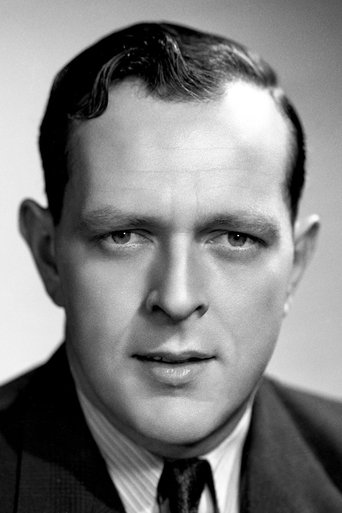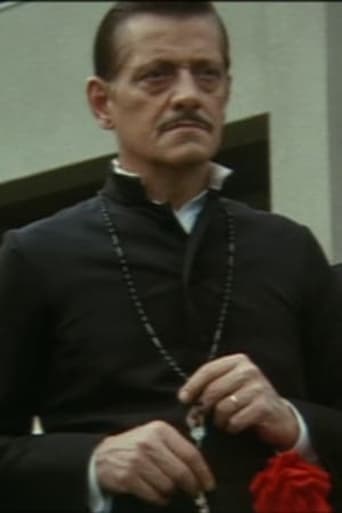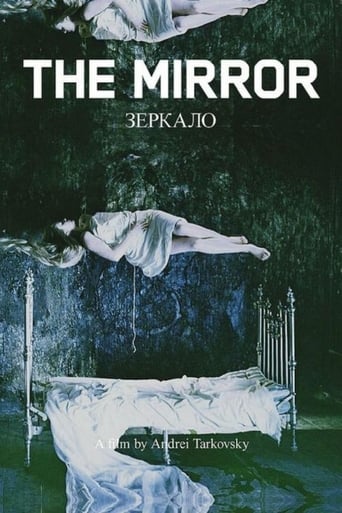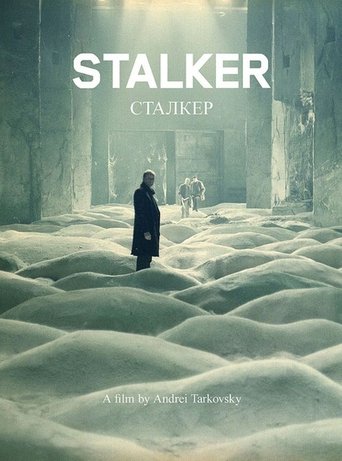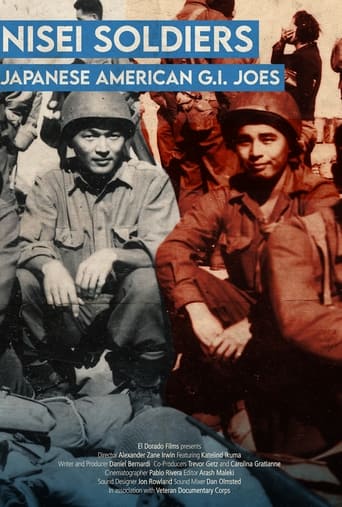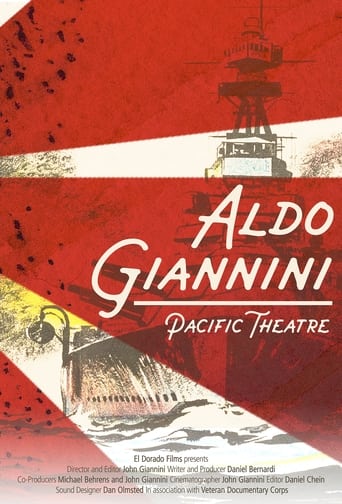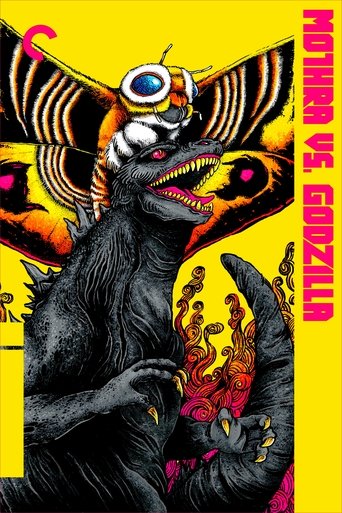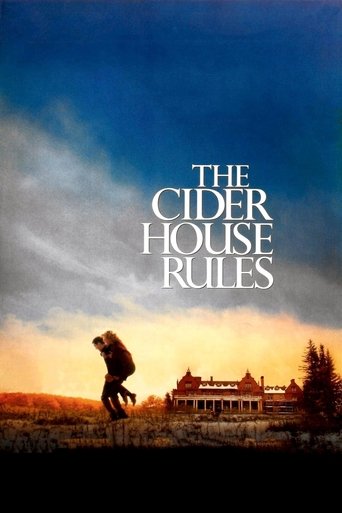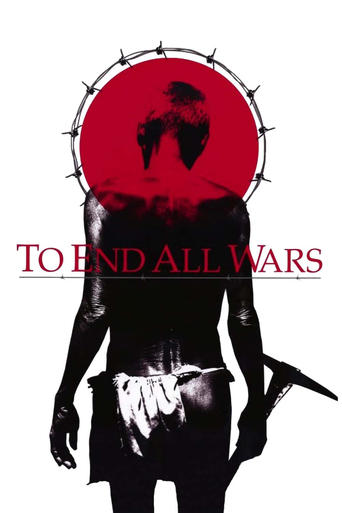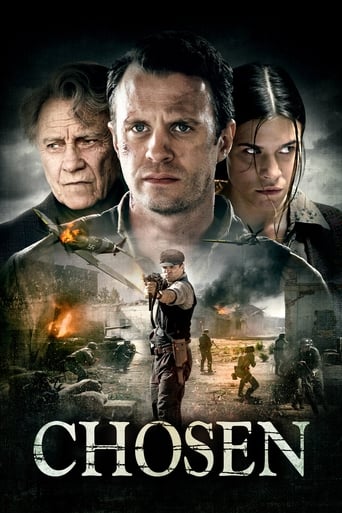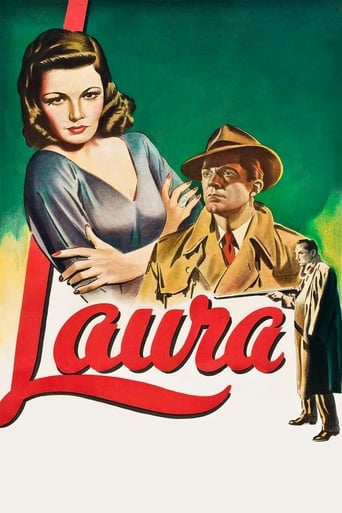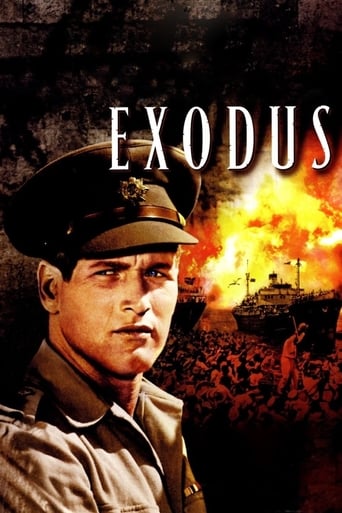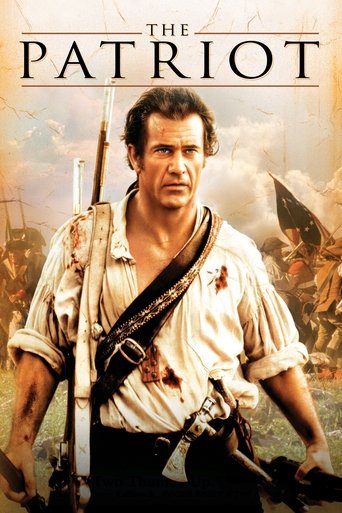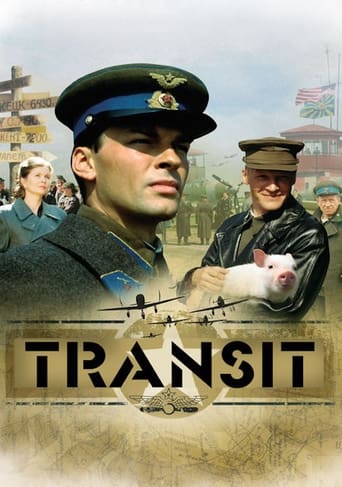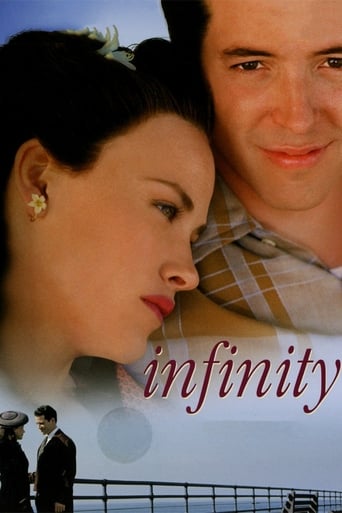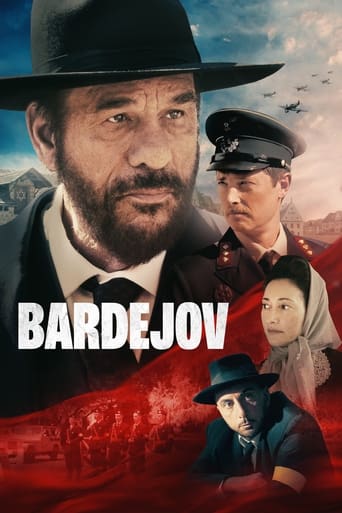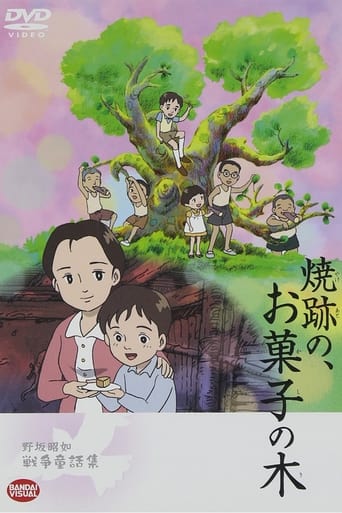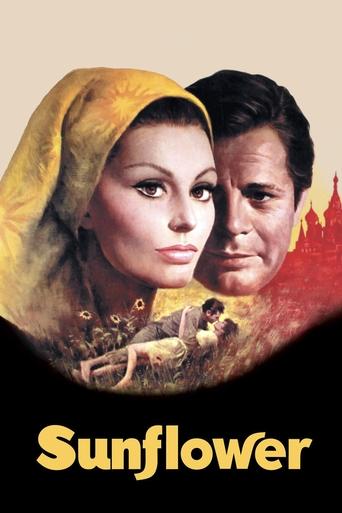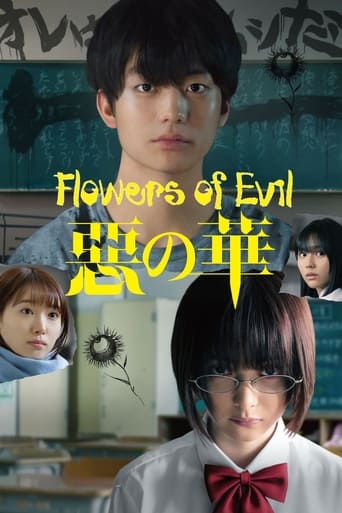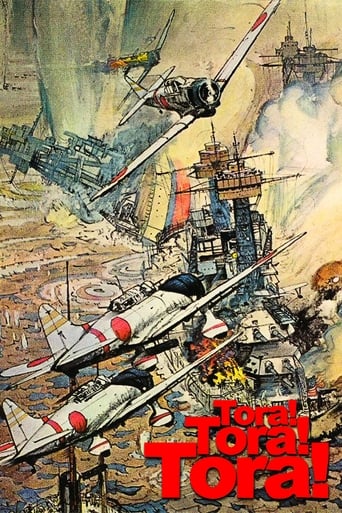
Tora! Tora! Tora! (1970)
In the summer of 1941, the United States and Japan seem on the brink of war after constant embargos and failed diplomacy come to no end. "Tora! Tora! Tora!", named after the code words use by the lead Japanese pilot to indicate they had surprised the Americans, covers the days leading up to the attack on Pearl Harbor, which plunged America into the Second World War.
- Toshio Masuda
- Kinji Fukasaku
- Richard Fleischer
- Duane Toler
- David Hall
- Hiroshi Nagai
- Elliot Schick
- Ray Kellogg
- Ryūzō Kikushima
- Ladislas Farago
- Gordon W. Prange
- Hideo Oguni
- Larry Forrester
Rating: 7.2/10 by 532 users
Alternative Title:
トラ・トラ・トラ! - JP
偷袭珍珠港 - CN
Tora! Tora! Tora! - PL
Тора! Тора! Тора! - UA
トラ・トラ・トラ!:1970 - JP
Tora! Tora! Tora! - ES
虎!虎!虎! - CN
Country:
Japan
United States of America
Language:
English
日本語
Runtime: 02 hour 24 minutes
Budget: $25,485,000
Revenue: $37,150,000
Plot Keyword: japan, hawaii, world war ii, pearl harbor, u.s. navy, pacific war, soldier, japanese army, imperial japan, 1940s
First off, this is a very good historical fictionalization of an epic event. Many parts are very accurate whereas others are more or less. This is after all a Hollywood movie, NOT a documentary such as "The World At War", so we can't be too critical about perfect accuracy. Originally it was supposed to be directed by two directors, 1 for the American story line, and Akira Kurosawa, for the Japanese story. There were rumored difficulties between Mr. Kurosawa and the American studio bosses so Mr. Kurosawa left the production despite having an uncredited role in scripting the Japanese part of the screenplay. I have read recently that the version that was being shown, of the historical account in the movie, was different than the conventional history's perspective. However, I would say that is only in demonstrating, theatrically, how Admiral Kimmel and General Short, who were scapegoats and put through rigorous Congressional Hearings after the actual event, may have taken ample precautions. That their shortcomings were due to communications being delayed or intelligence reports being withheld. I saw it in the movie theater in 1970, and many times since and have found it to be a very fair and well done "Hollywood" representation of the essential history of an important historic event. The movie is essentially well acted, and believably presented with a few surprising disappointments. The Battleship Nevada was depicted with an inaccurate arrangement of its main batteries. In reality it had 10-14 inch guns, a 3-gun mount with a twin "Superfiring" turret over it, on the Bow and the Stern. Not 4, 3 gun mounts, (triple would mean all 3 guns were connected and couldn't be aimed independently which was retrofitted in the 1930s). When you see a ship that says Nevada on it and it isn't correctly laid out it is hard to believe the rest of the movie, particularly where details about ships, planes, equipment, facilities and ordnance were important characters in their depicted historic roles. Some actual footage of the carnage at Pearl Harbor was used, including the Battleship Arizona conflagrating (exploding). As Docu-dramas go, Tora-Tora-Tora is among the best and superior to "Midway", which used some of the same footage and sound effects having been Produced by many of same people. I mentioned the aforementioned criticisms because at the film's beginning it has a Notation, "True To Historic Fact" and expands on that statement. In reality few films or testimonies can live up to 100% accuracy and weighted relevance, but Tora-Tora-Tora does have me returning to re-experience it, and not generally to look for more errors but rather because it is an overall worthwhile film.
I remember viewing this film as a kid shortly after it came out in Sweden. At that time I was not impressed. I was expecting an action filled war movie and what I got was a boring movie where the good guys got beaten up at the end. I do not think I even new anything about the real events in Pearl Harbor at the time. Naturally I view this movie in a somewhat different light and now and when re-watching it yesterday evening I enjoyed it quite a lot. I cannot help but wondering at the historical accuracy though. If someone would have told me that this was nothing but a Hollywood script, and a predictable at that, I would probably not have doubted it. Did all these blunders really take place? That the Japanese where not playing with all their cards on the table is clear but there where so many screw-ups all over the place. Sightings not being reported, communications a mess everywhere, people asking for confirmations in absurdum, lining up the planes like ducks on a shooting range etc. etc. If this is really what happened then some of those movie scripts that seems so ridiculous maybe are not as ridiculous as one might think? Naturally the film has the drawback of being predictable. What else can you expect when it is supposed to depict actual, well known, events? I think I would have felt that it was predictable even if I did not know what was supposed to happen though. Even so it is an enjoyable, well done, movie as far as I am concerned.


